How To Use Baobab Oil For Hair Growth, Benefits, & Side Effects
Tips and ideas to reap the benefits of this natural oil for lustrous, healthy tresses
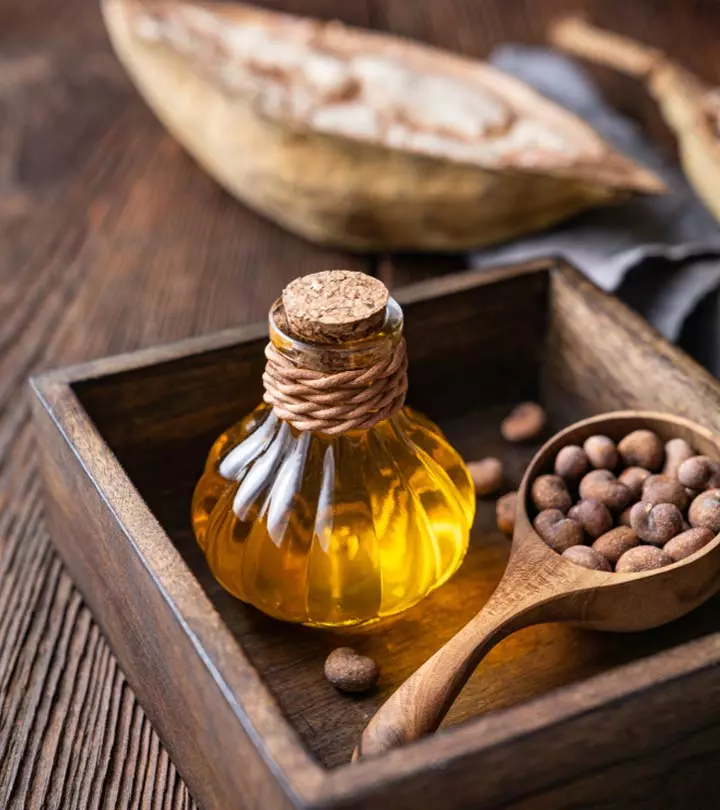
Image: Shutterstock
The baobab oil comes from the baobab tree and provides multiple health benefits. In this article, we discuss the utility of baobab oil for hair growth and guide you on using it.
This tree is found in Australia, mainland Africa, and Madagascar. It is also known as the ’tree of life’ as it can live up to 500 years. Read on to know more about baobab oil, its benefits for hair, and others.
In This Article
What Is Baobab Oil?
Baobab oil is the cold-pressed extract of baobab leaves, fruit pulp, and seeds. The seeds are highly nutritious, and even a few drops of baobab oil can benefit dry, damaged, and brittle hair. The oil had been used for a long time to promote hair and skin health. But, is it really as good for your skin and hair as it is claimed to be? Find out in the next section.
Is Baobab Oil Good For Your Hair?
Baobab oil is rich in many nutrients protein, vitamins, antioxidants, and trace minerals (1), (2). Additionally, baobab oil contains high amounts of saturated, monounsaturated, and polyunsaturated fats (3).
The omega fatty acid in baobab hair oil is a rich moisturizer (4). Linoleic acid helps in retaining water in your skin by locking the moisture (5). Thus, it may help hydrate your dry hair as well.
Baobab oil is claimed to be light and non-comedogenic. It does not appear to clog the pores on your skin and scalp. Therefore, you can safely use baobab oil in your regular hair care routine.
Using baobab oil on your hair has many benefits. Let ’s take a peek at some useful advantages in the next section.
The Benefits Of Using Baobab Oil For Hair
Repairs Hair Damage
Vitamins A and E are abundant in baobab oil (4). These vitamins are claimed to help soften your hair. Several other elements present in this oil are said to boost the production of collagen, though there is no scientific evidence to prove the same. Enhanced collagen production increases the keratin in your hair. Keratin is a natural protein that strengthens your hair and reduces breakage.
Treats Dry, Itchy Scalp
A dry scalp is prone to dandruff and itchiness. Luckily, the non-greasy and moisturizing properties of baobab oil make it an ideal treatment for a dry scalp. Therefore, you can use baobab oil to hydrate your scalp and eliminate the chances of dandruff. Also, the anti-inflammatory properties of the oil can help soothe itchiness (4).
Frizz Control
Lack of sufficient moisture in the hair can lead to frizz. Baobab oil gets easily absorbed in the hair and locks moisture in your hair strands (4). Thus, it can prevent hair damage and tangles. Ultimately, you get softer, smoother locks that are easy to manage.
Protects Against Sun And Pollution
Baobab hair oil can coat your hair strands and prevent them from damage from the elements. Just apply a small amount of natural oil to your hair to shield it from the sun’s UV rays and pollution.
Promotes Hair Growth
The damage-resistant properties of baobab oil boost your hair’s health and protect it from damage, which may then create a favorable environment for hair growth. However, there is no scientific evidence to prove the same.
If you want to learn how to use baobab oil for hair growth, keep reading!
How To Use Baobab Oil For Hair Growth
I. Hair Mask
You can use the conditioning powers of baobab oil to your advantage in the form of a hair mask. The oil can lock in moisture for long periods and alleviate hair and scalp dryness.
You Will Need
- 2 tablespoons of baobab oil
- 2 tablespoons of coconut oil or any other carrier oil
- 2-3 drops of any essential oil (optional)
How To Make
- Combine equal parts of baobab oil and coconut oil with few drops of your favorite essential oil.
- Microwave the mixture for about 30 seconds.
- Divide your hair into sections for easy application.
- Check the temperature of the oil blend and apply it to your hair from roots to tips.
- Cover your head with a shower cap and leave the oil on for at least 45 minutes.
- Shampoo your hair to get soft, manageable tresses.
II. Leave-In Conditioner
Baobab oil can also be used to condition your hair. You can apply baobab oil to damp hair after you step out of the shower or mix a few drops in your favorite leave-in conditioner. The oil coats each hair strand to retain moisture and protect your hair from pollution and breakage. It also adds a subtle shine to your hair.
III. Pre-Poo Treatment
A pre-poo treatment with baobab oil protects and strengthens your hair against the harmful effects of the chemicals in your shampoo. It also softens and moisturizes your hair to make it shiny. A pre-poo treatment also reduces frizz and makes it easy to detangle your hair.
Here are the steps to use baobab oil as a pre-poo treatment:
- Take the required amount of baobab hair oil and warm it up in the microwave for a few minutes.
- Massage the warm baobab oil gently into your scalp.
- Leave the hair oil in your hair overnight to absorb all the nutrients.
- Shampoo and condition your hair, as usual, the next day.
For shiny and soft hair, repeat this process every time you wash your hair.
Wondering if there are any side effects of baobab oil? Find out in the next section!
Are There Any Side Effects Of Using Baobab Oil On Hair?
In general, there are no reported side effects of using baobab oil on your hair. However, as with any ingredient, it is not wise to accept that it is perfectly safe to use on your hair and scalp. Conduct a patch test on your arm to see if you are allergic to baobab oil. Consult your doctor before applying baobab oil or consuming it in powder form, and contact them immediately if you observe any side effects.
Now, lets talk about where you can buy baobab oil.
Where To Find Baobab Oil Products For Hair
You can easily buy baobab oil to make your hair products. However, it is wise to pay caution when you buy it, as most commercially available oils contain silicone ingredients. The concentration of baobab oil is very minimal in such products. Purity ensures efficacy. If you use low-quality, impure baobab oil on your hair, you will not achieve your desired results.
Before you buy baobab oil, check the ingredient list to find out what other ingredients are in it. You can buy baobab oil from a local drugstore or online.
Using Baobab oil for hair growth is one of the best ways to tackle hair loss. It offers several hair care benefits. If you have dry and fragile curly hair, this oil will help nourish your hair and improve your hair texture. Baobab oil repairs hair damage, prevents frizz, improves dry and itchy scalp, and promotes hair growth. You can use this oil as a hair mask, leave-in conditioner, or for pre-poo treatment. Following the recipes listed above will help you get healthy and shiny curls.
Frequently Asked Questions
Does baobab oil penetrate hair?
Baobab oil is said to penetrate the hair shaft to moisturize and nourish it from within.
Does baobab oil thicken hair?
Thin hair is caused due to hair damage like breakage, scalp issues, UV rays, and frizz. Baobab oil can treat these issues and stimulate healthy hair growth.
What does baobab oil smell like?
Baobab oil has a lovely floral and nutty fragrance.
Is baobab oil good for low-porosity hair?
Yes, baobab oil is good for low-porosity hair as it increases hair moisture and reduces scalp dryness and itching. It also minimizes frizz, a common issue in low-porosity hair.
Is baobab oil toxic?
There are no known side effects caused by baobab oil. However, it is advisable to perform a patch test to check for allergic or inflammatory reactions.
Does baobab oil have vitamin C?
Yes, baobab is rich in vitamin C, which is needed for healthy hair growth.
Is baobab oil heat-sensitive?
Yes, baobab oil is heat-sensitive as it has a good amount of fatty acids. This oil is cold-compressed, and heating it up for a few seconds can melt and loosen the oil, making it easier to apply to your hair and scalp.
What is a substitute for baobab oil?
Safflower, argan, sunflower, rosehip seed, apricot kernel, and jojoba oils are good substitutes for baobab oil.
Key Takeaways
- The cold-pressed extract of baobab leaves, fruit pulp, and seeds, baobab oil is rich in nutrients, protein, vitamins, antioxidants, and trace minerals.
- It repairs hair damage, treats dry, itchy scalp, and controls frizz.
- It is essential to conduct a patch test on your arm to determine if you are allergic to baobab oil.
References
Articles on StyleCraze are backed by verified information from peer-reviewed and academic research papers, reputed organizations, research institutions, and medical associations to ensure accuracy and relevance. Read our editorial policy to learn more.
- Baobab food products: a review on their composition and nutritional value
https://pubmed.ncbi.nlm.nih.gov/19093269/ - Nutritional variation in baobab (Adansonia digitata L.) fruit pulp and seeds based on Africa geographical regions
https://www.ncbi.nlm.nih.gov/pmc/articles/PMC5694876/ - Fatty acid compositions of tigernut tubers (Cyperus esculentus L.), baobab seeds (Adansonia digitata L.), and their mixture
https://link.springer.com/article/10.1007/BF02523905 - Beauty in Baobab: a pilot study of the safety and efficacy of Adansonia digitata seed oil
https://www.sciencedirect.com/science/article/pii/S0102695X16300874#bib0230 - Comparison of linoleic acid-containing water-in-oil emulsion with urea-containing water-in-oil emulsion in the treatment of atopic dermatitis: a randomized clinical trial
https://www.ncbi.nlm.nih.gov/pmc/articles/PMC5759849/
Read full bio of Elissa Peterson
Read full bio of Arshiya Syeda





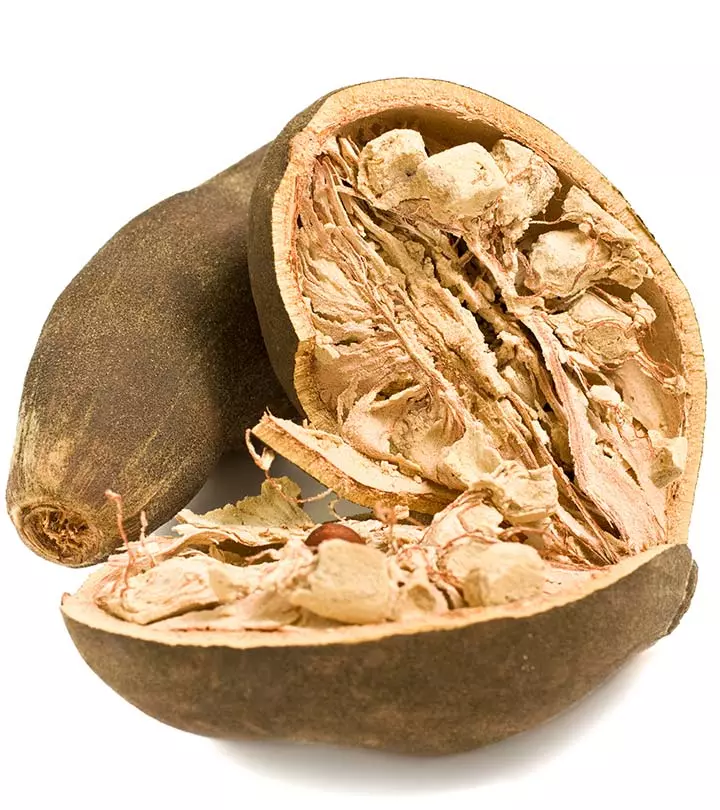
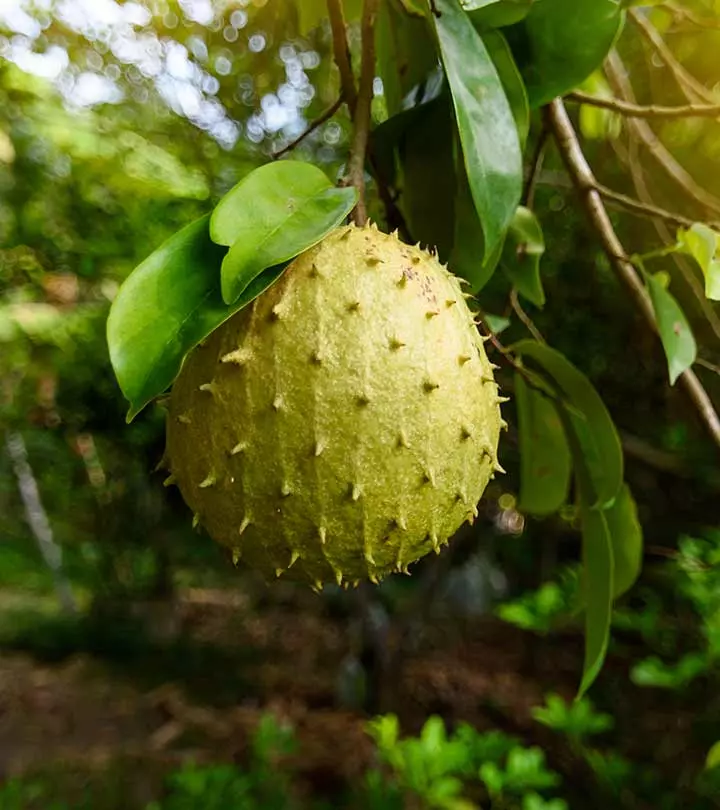
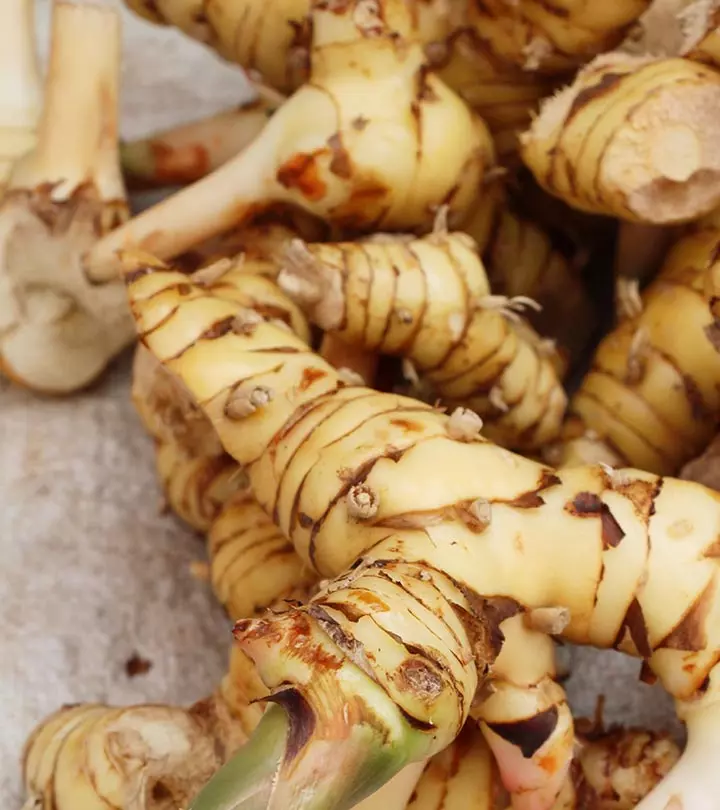
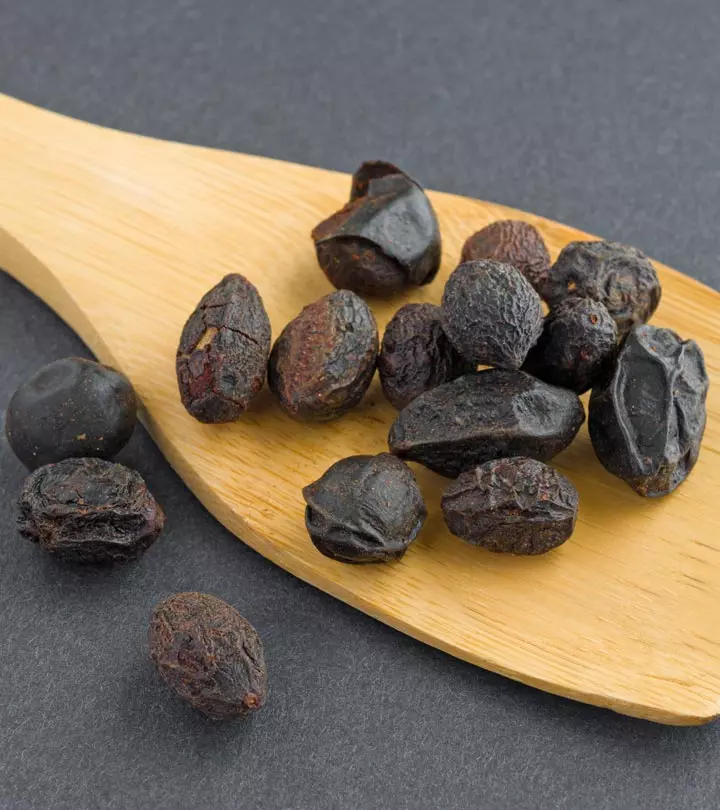
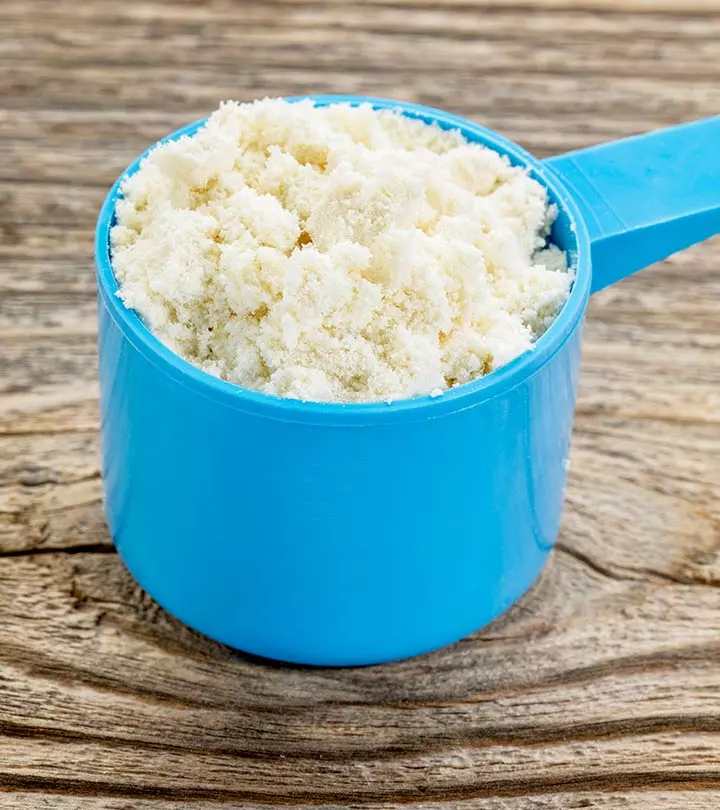
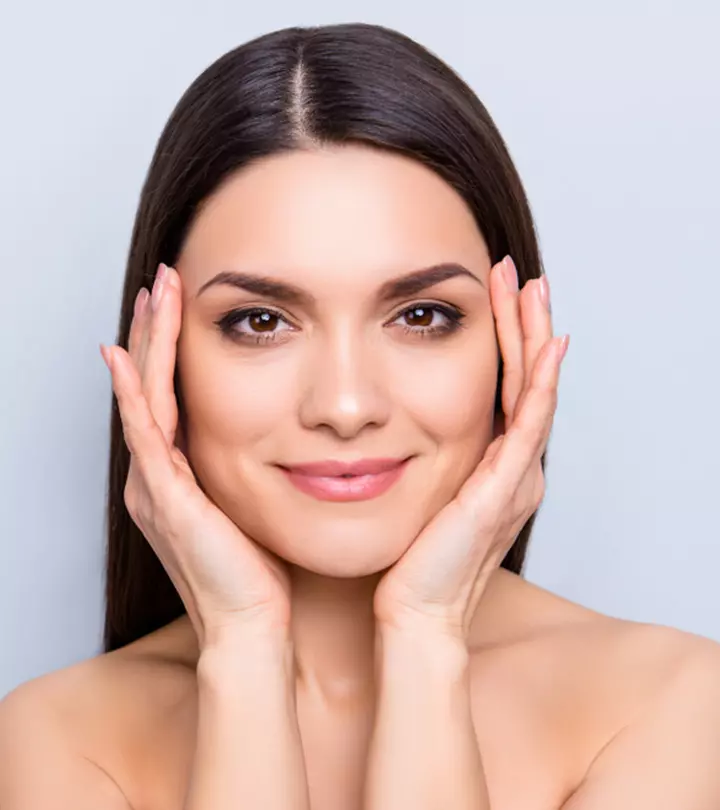
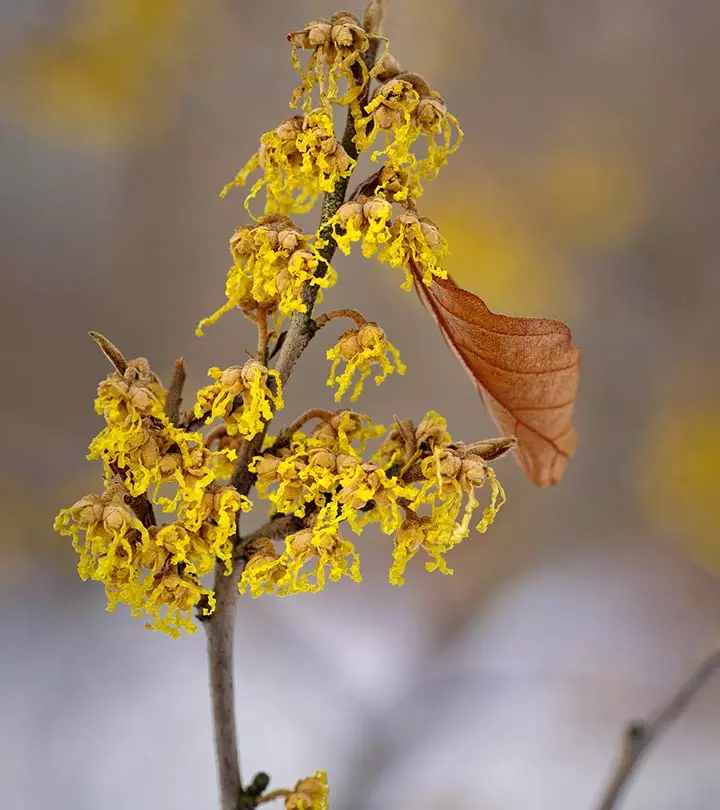
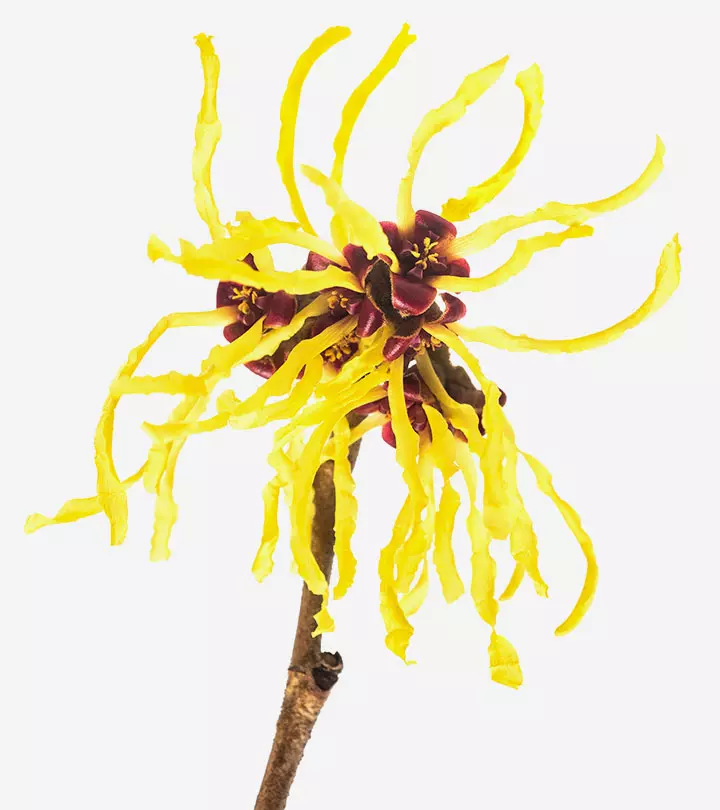
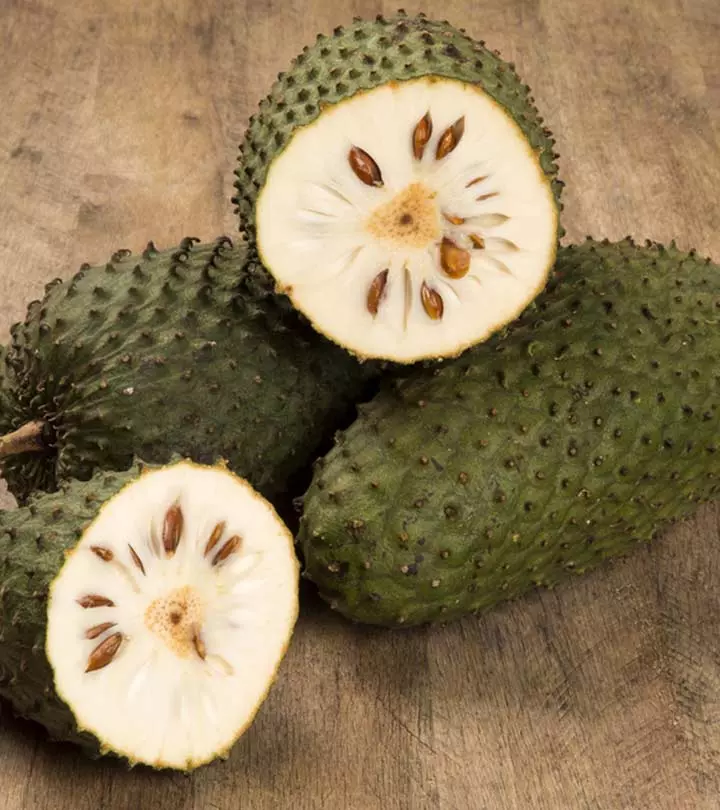
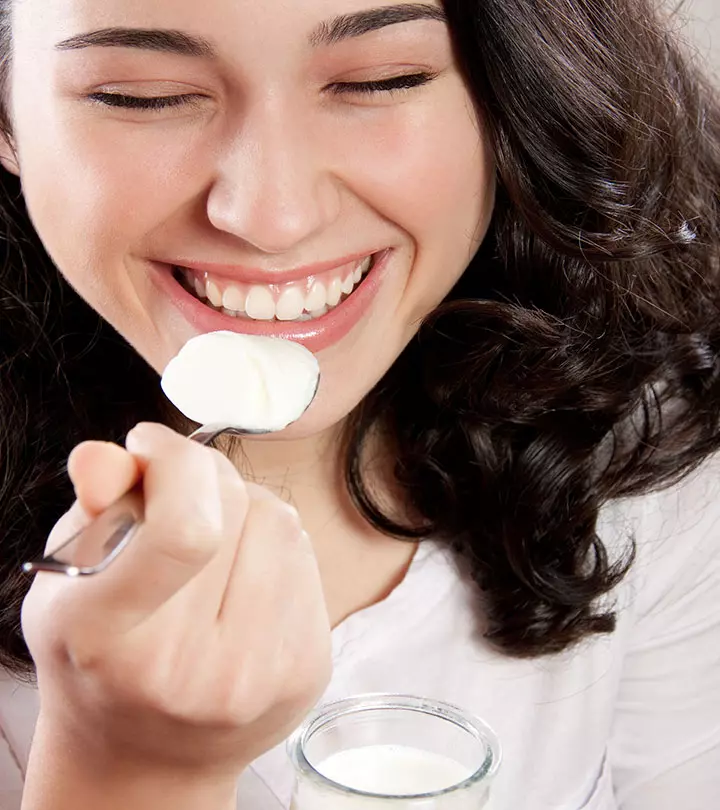




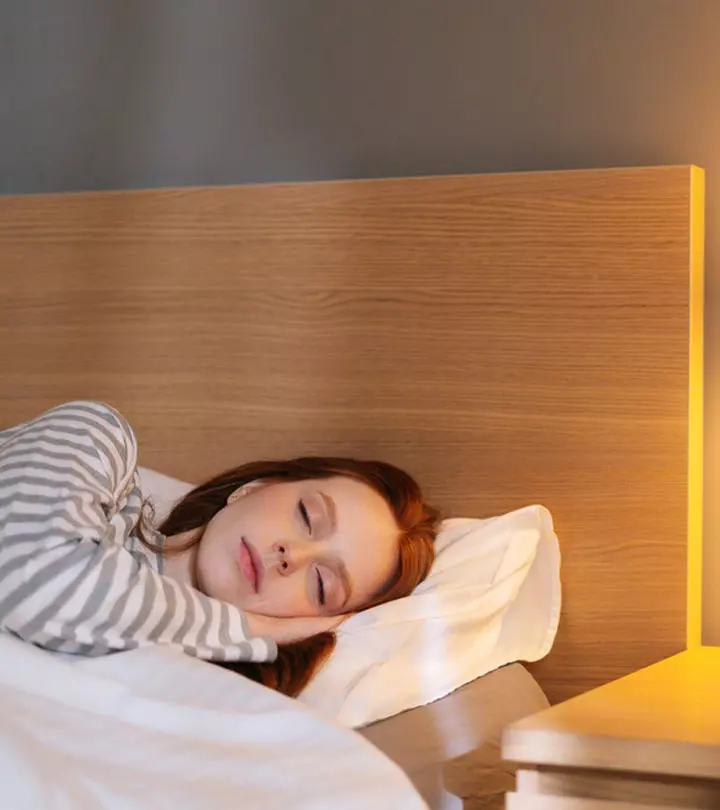







Community Experiences
Join the conversation and become a part of our empowering community! Share your stories, experiences, and insights to connect with other beauty, lifestyle, and health enthusiasts.